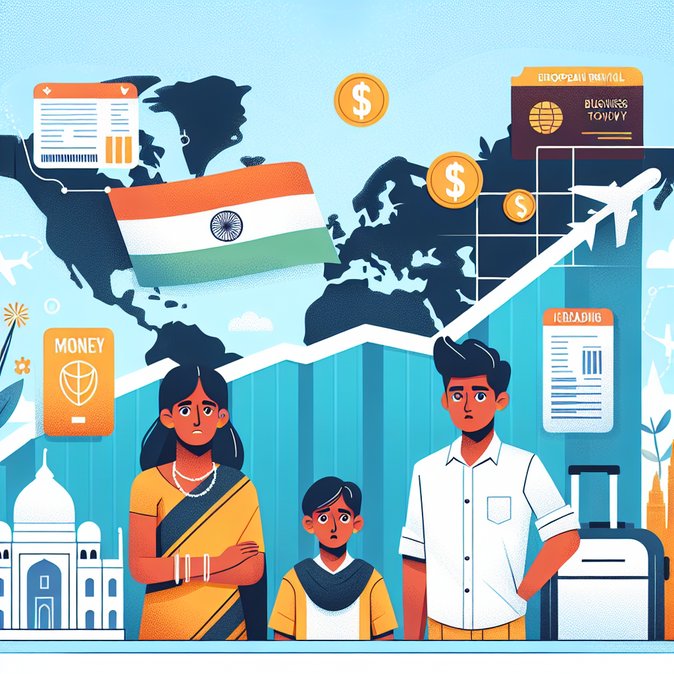
Indian applicants for Schengen visas face higher out-of-pocket costs after VFS Global raised its mandatory service charges across the country on 9 November. Although the core embassy fee of €80 (≈ ₹8,000–₹8,600) remains unchanged, VFS now collects between ₹1,933 and ₹3,111 per application depending on the destination mission. Add-on options—courier return, SMS alerts and premium lounges—can push the final bill above ₹12,000 per traveller.
VFS said the revision reflects contractually agreed upgrades in cyber-security, biometric systems and applicant-handling capacity. Travel industry analysts attribute part of the increase to the weaker rupee against the euro and to inflation-linked escalators built into outsourcing contracts with European governments.
![VFS Global Hikes Schengen Service Fees, Pushing Total Visa Cost for Indians Above ₹12,000]()
The timing is painful for Indian corporates managing year-end travel: December appointment slots at key consulates were already scarce, prompting applicants to pay for premium walk-in services. Student counsellors warn that the higher charges could deter price-sensitive families sending children to EU universities, while SME exporters say the hike eats into slim travel budgets for trade-fair visits.
Alternatives are limited because nearly all Schengen member states outsource intake to VFS. The development has reignited calls for India’s Ministry of External Affairs to negotiate a fee ceiling or to license competing service providers to foster price competition.
VFS said the revision reflects contractually agreed upgrades in cyber-security, biometric systems and applicant-handling capacity. Travel industry analysts attribute part of the increase to the weaker rupee against the euro and to inflation-linked escalators built into outsourcing contracts with European governments.

The timing is painful for Indian corporates managing year-end travel: December appointment slots at key consulates were already scarce, prompting applicants to pay for premium walk-in services. Student counsellors warn that the higher charges could deter price-sensitive families sending children to EU universities, while SME exporters say the hike eats into slim travel budgets for trade-fair visits.
Alternatives are limited because nearly all Schengen member states outsource intake to VFS. The development has reignited calls for India’s Ministry of External Affairs to negotiate a fee ceiling or to license competing service providers to foster price competition.





